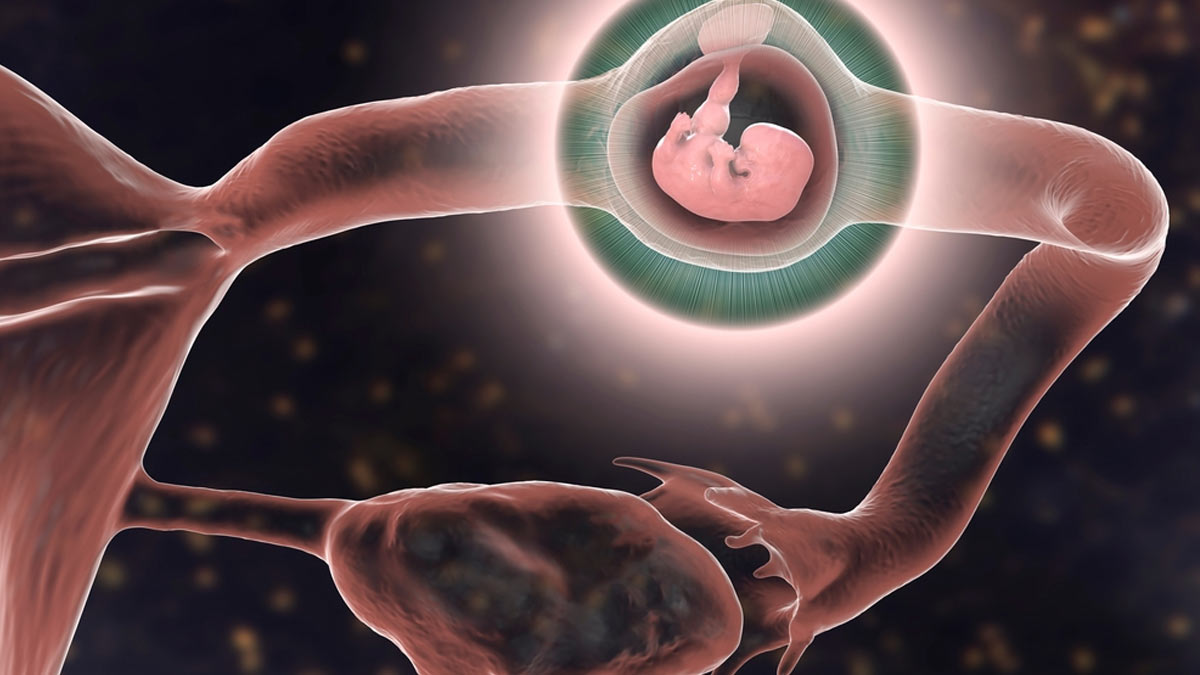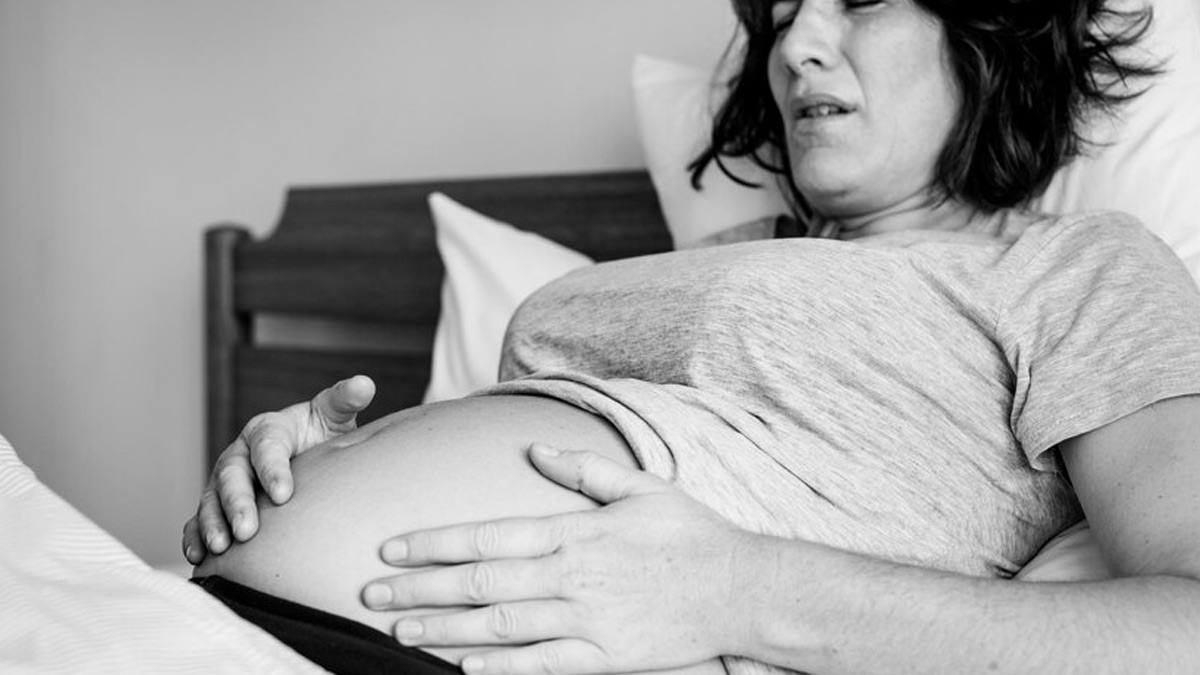
In a surprising case of unusual pregnancy, a 37-year-old woman from the French island of Réunion visited the hospital after experiencing abdominal cramps for more than a week. Shockingly it was revealed that she was pregnant.
Table of Content:-
Turns out, her uterus was empty, and instead, the baby had latched on to the membrane lining the abdominal cavity, just above the mother's tailbone. Such a case where the baby develops outside the uterus is called ectopic pregnancy.
According to a study published in Fertility Research and Practice, ectopic pregnancy occurs in 1-2% of all pregnancies and is potentially life-threatening. In 10% of cases, the most common site of an ectopic pregnancy is the fallopian tube. However, it can also occur in the cervix, ovary, myometrium, interstitial portion of the fallopian tube, abdominal cavity or within a cesarean section scar.
Fortunately, in the woman’s case, the baby was delivered surgically at around 7 months, and placed into neonatal intensive care and was discharged after another 2 months. To learn more about ectopic pregnancies, the team of OnlyMyHealth Dr Shahshikala Hande, Consultant, Obstetrician & Gynaecologist, Cloudnine Group of Hospitals, Bengaluru, Jayanagar.
What Is Ectopic Pregnancy?

Dr Hande elucidated, “Nausea, pain, sharp abdominal cramps and weakness are the most common symptoms of ectopic pregnancy. However, some indications may help you know if you need to seek emergency medical care.”
- Listing these severe symptoms, she listed:
- Pain in the neck, shoulders, abdomen, rectum and pelvic area
- Nausea and vomiting
- Vaginal bleeding
- Weakness and dizziness
- Amenorrhea
Ectopic pregnancies are a pure stroke of chance, as Dr Hande said, “An ectopic pregnancy occurs when a fertilised egg gets stuck on the way to the uterus.” However, there are some risk factors. Dr Hande listed:
- Pelvic inflammatory disease
- Tubal reconstructive surgery
- Assisted Reproductive Therapy
- A previous case of ectopic pregnancy
- Contraception failure
- Smoking
- Some birth controls
- History of infertility
- Fertility treatments
Also Read: Ectopic Pregnancy: Expert Shares Causes, Symptoms, And Treatment
Ectopic Pregnancy Treatment

A study published in the Journal of Family Medicine and Primary Care revealed that the incidence of ectopic pregnancy is on the rise. That is why timely screening to detect high-risk pregnancies, early diagnosis and timely intervention is crucial to prevent the worst-case scenario.
“Ectopic pregnancies are detected through a transvaginal ultrasound, which is not able to detect the fetus at in its initial stages,” explained Dr Hande. This is one of the main reasons why ectopic pregnancies are complex because the presence of the fetus is detected late.
Depending on the type of ectopic pregnancy the treatment mode is decided. Dr Hande shared that there are two recovery processes:
- After laparoscopy, the average time to recover is 2-3 weeks, after which the woman can resume her regular activities. According to Johns Hopkins Medicine, a laparoscopy is done to detect the presence of an ectopic foetus, and involves using a thin lighted tube with a video camera to check pelvic organs.
- In the case of a laparotomy, the average recovery time is 6-7 weeks. According to a study led by Imperial College London, a laparotomy involves making a large cut to access the abdominal cavity. This procedure is carried out to extract the ectopic foetus.
Also Read: Obesity Increases The Impact Of Pregnancy Complications On The Heart: Study
Dr Hande concluded that awareness is the key to being vigilant about pregnancy risks and complications. If you are educated about this usual pregnancy, then its diagnosis will not sound as scary and could give you the mental strength crucial to get yourself out of such tough times.
Also watch this video
Read Next
Postpartum Haemorrhage: Expert Lists The Risk Factors And Effects of Blood Loss From Delivery
How we keep this article up to date:
We work with experts and keep a close eye on the latest in health and wellness. Whenever there is a new research or helpful information, we update our articles with accurate and useful advice.
Current Version